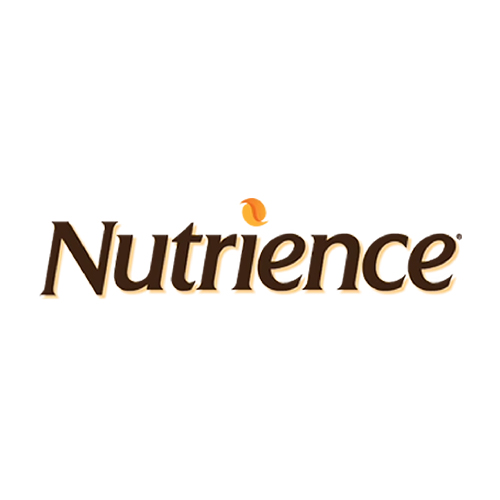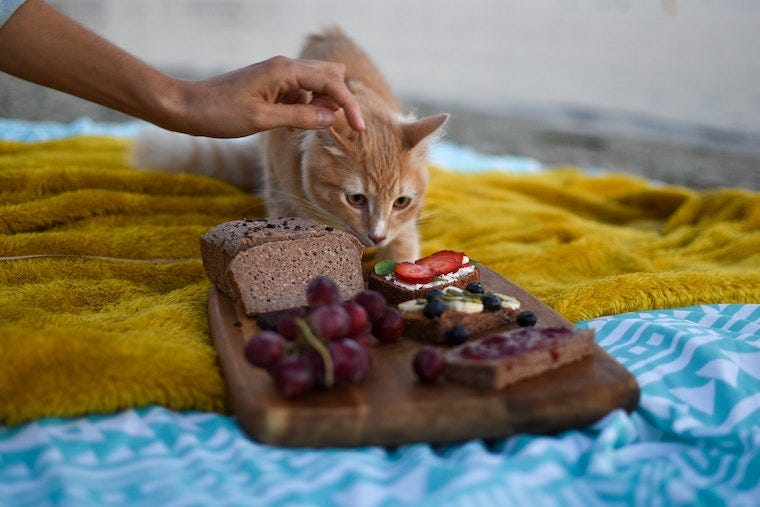Blog
Human Foods to Avoid Giving Your Cat
We all love to share food with our furry friends, but when it comes to our cats, it’s crucial to be aware that not all human foods are safe for them. While some foods can be toxic or cause digestive issues, others may lack essential nutrients or contain ingredients that are harmful to cats. In this blog post, we’ll explore common human foods that should be avoided to ensure your cat’s well-being and prevent any potential health complications.
1. Chocolate:
While chocolate is a delicious treat for humans, it contains theobromine, a compound that is toxic to cats. Ingesting chocolate can lead to symptoms such as vomiting, diarrhea, increased heart rate, tremors, and even seizures. Keep all chocolate products out of your cat’s reach, and be cautious about any chocolate-based desserts or snacks in your home.
2. Onions and Garlic:
Onions and garlic belong to the Allium family and contain compounds that can cause damage to a cat’s red blood cells, leading to anemia. Whether they are raw, cooked, or in powdered form, onions and garlic should be avoided in cat’s diets. Make sure to check ingredient lists carefully, as these ingredients can be present in various dishes, sauces, and seasonings.
3. Grapes and Raisins:
Grapes and raisins may seem harmless, but they can cause kidney failure in cats. Even a small amount can be toxic, leading to symptoms such as vomiting, diarrhea, lethargy, and decreased appetite. Keep grapes, raisins, and any products containing them away from your feline friend.
4. Alcohol:
Alcohol should never be given to cats, as their bodies cannot metabolize it properly. Even small amounts can lead to alcohol poisoning, which can be life-threatening. Symptoms include disorientation, coordination problems, vomiting, tremors, and breathing difficulties. Keep all alcoholic beverages securely stored where your cat cannot access them.
5. Caffeine:
Caffeine, found in coffee, tea, energy drinks, and some sodas, can be toxic to cats. It affects their central nervous system and can lead to restlessness, rapid breathing, heart palpitations, muscle tremors, and even seizures. Ensure your cat is not exposed to any caffeinated beverages or foods.
6. Milk and Dairy Products:
Contrary to popular belief, most adult cats are lactose intolerant and lack the necessary enzymes to digest lactose properly. Feeding your cat milk or dairy products can result in digestive upset, including diarrhea and stomach discomfort. Stick to specially formulated cat milk or water as their primary source of hydration.
Conclusion:
While it’s tempting to share our favorite foods with our feline friends, it’s essential to prioritize their health and well-being. By avoiding potentially harmful human foods such as chocolate, onions, garlic, grapes, alcohol, caffeine, and dairy products, you can help prevent serious health complications in your cat. When in doubt, consult your veterinarian for specific dietary recommendations and ensure your cat’s diet is well-balanced and tailored to their unique needs. Remember, providing a nutritionally appropriate diet is crucial for your cat’s long-term health and happiness.






